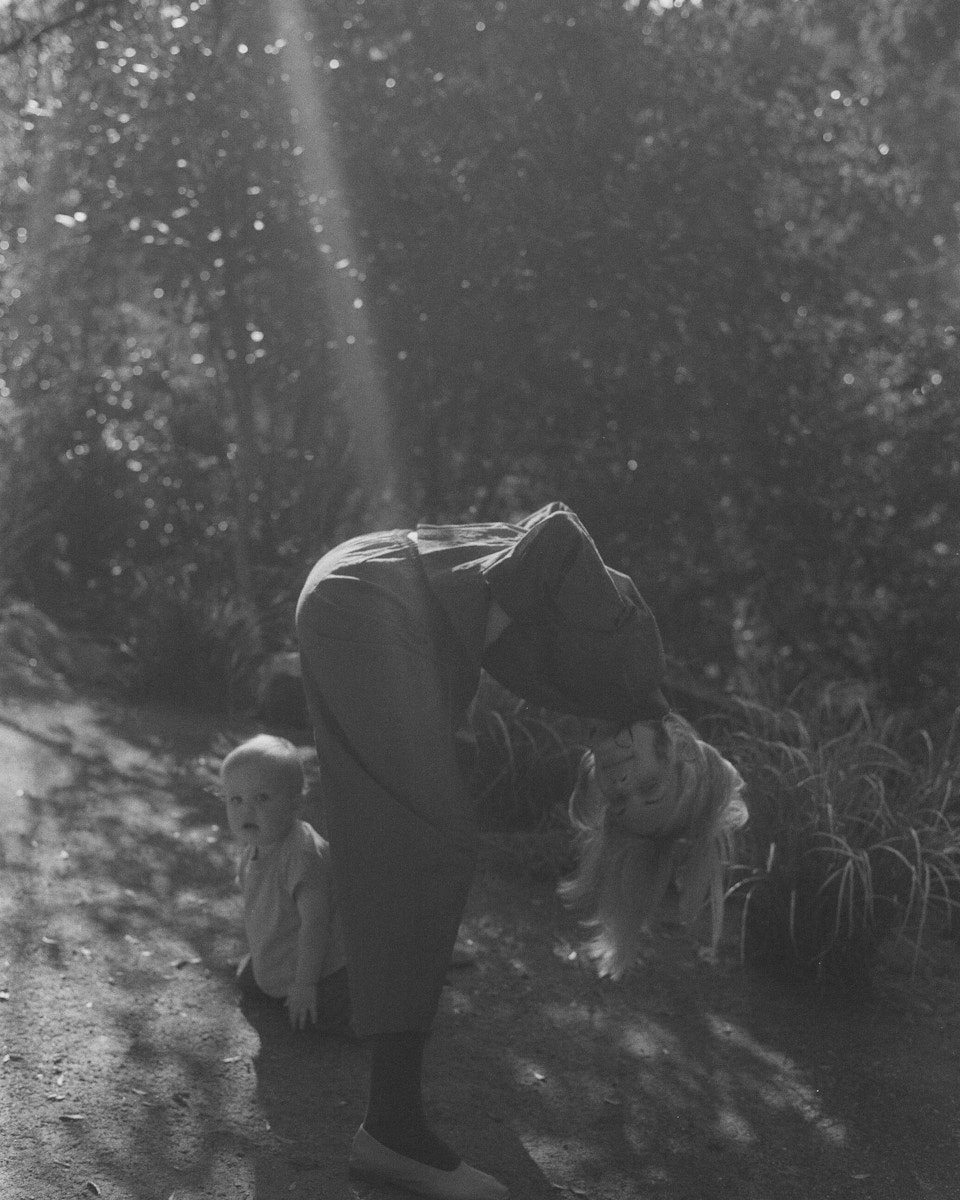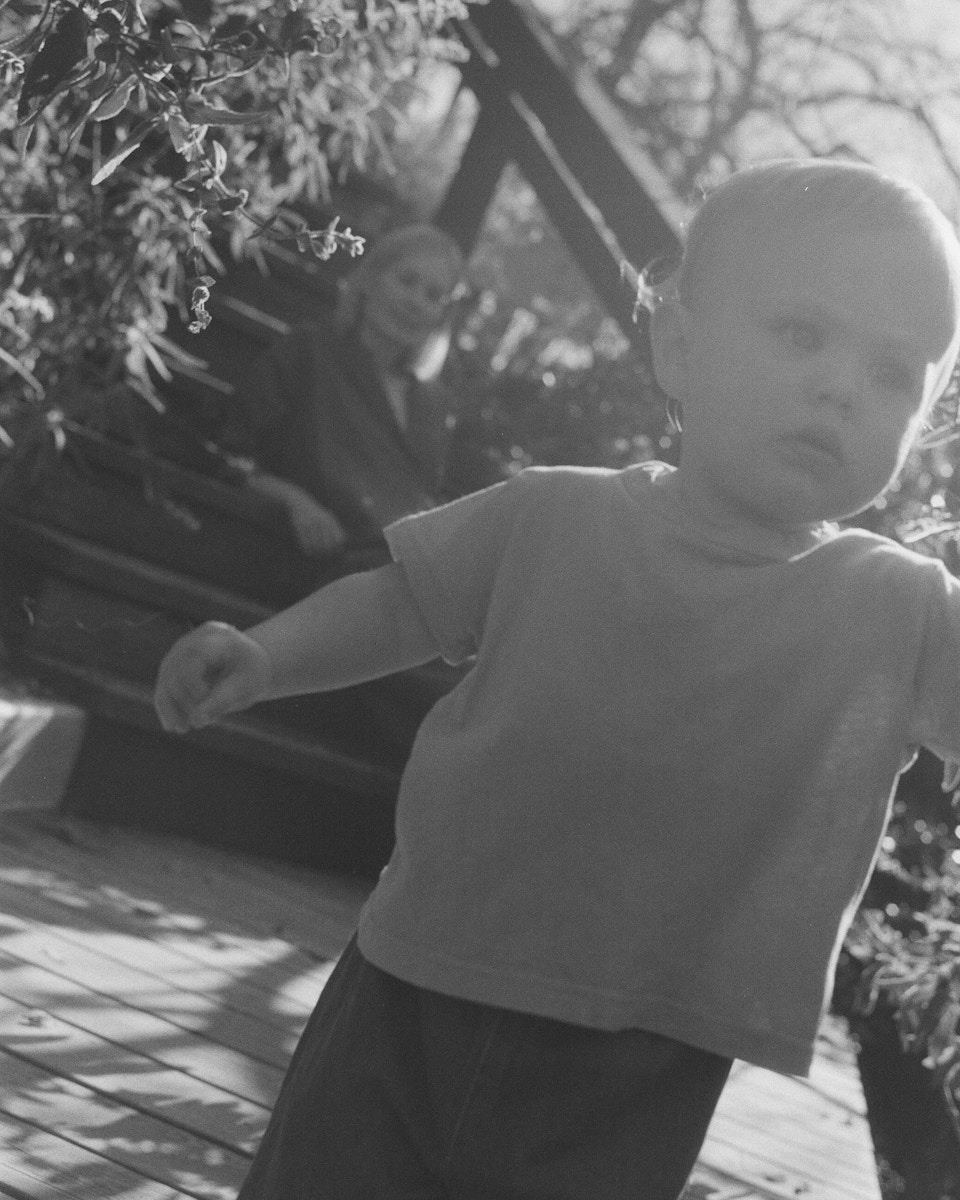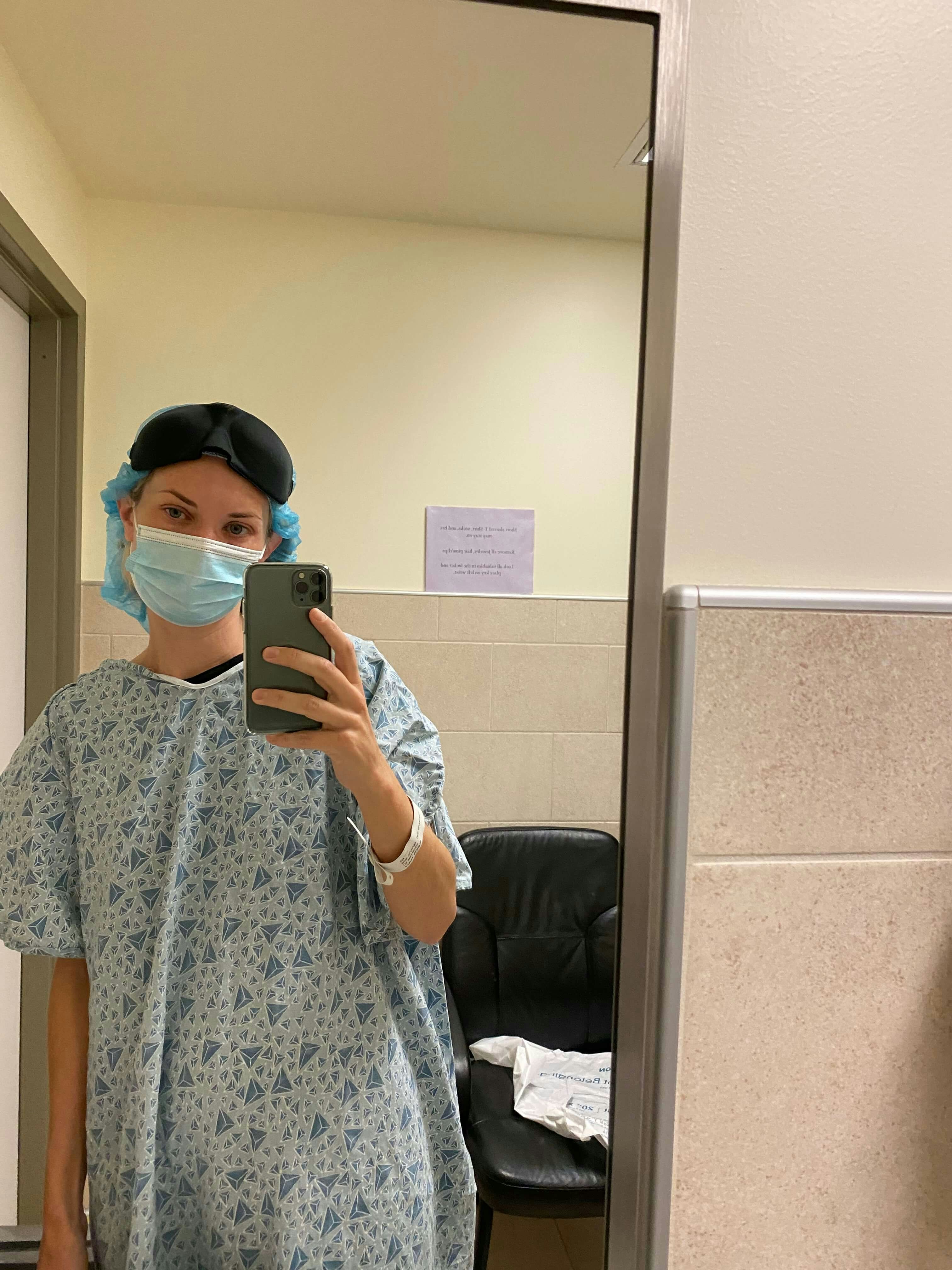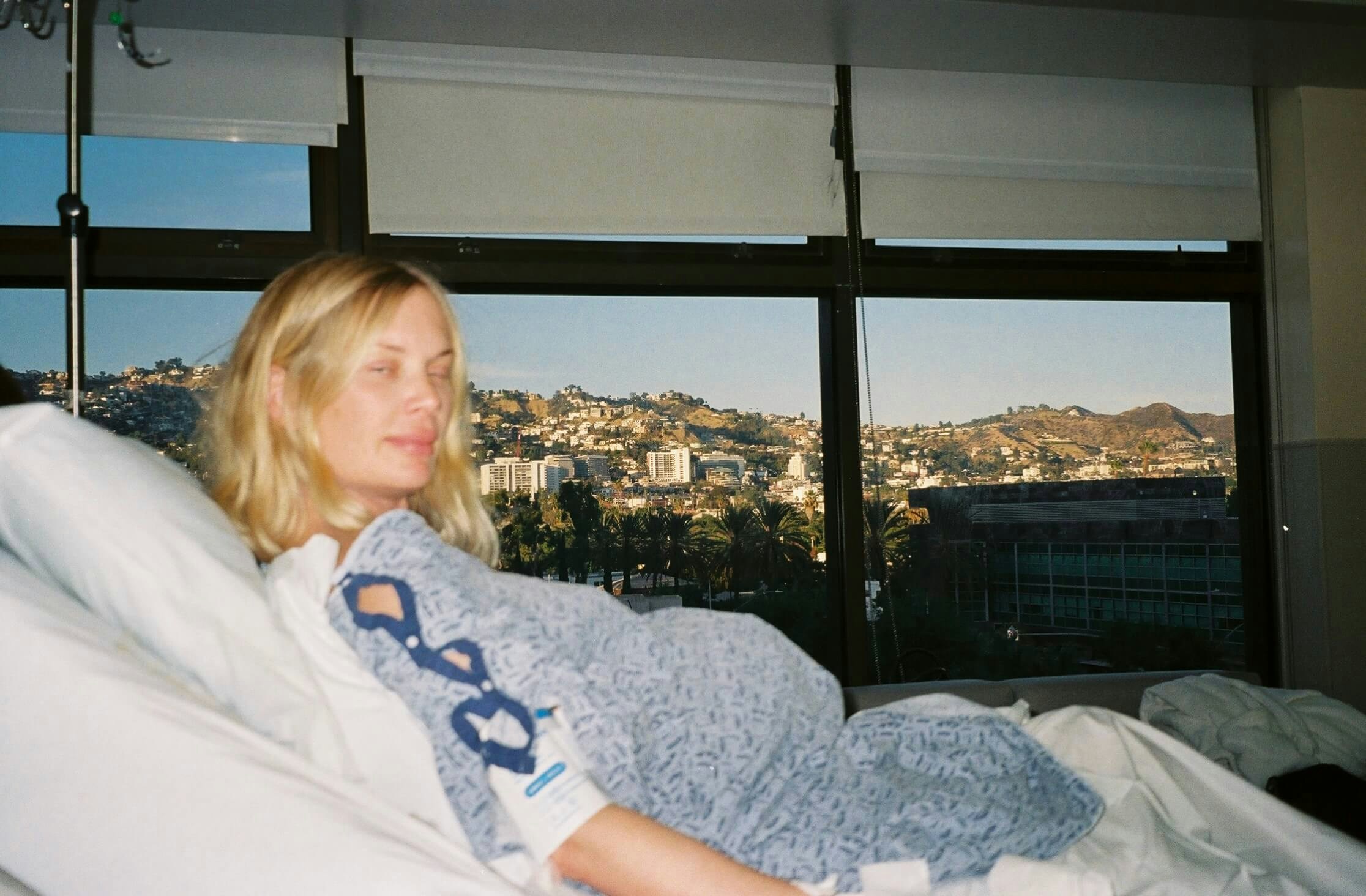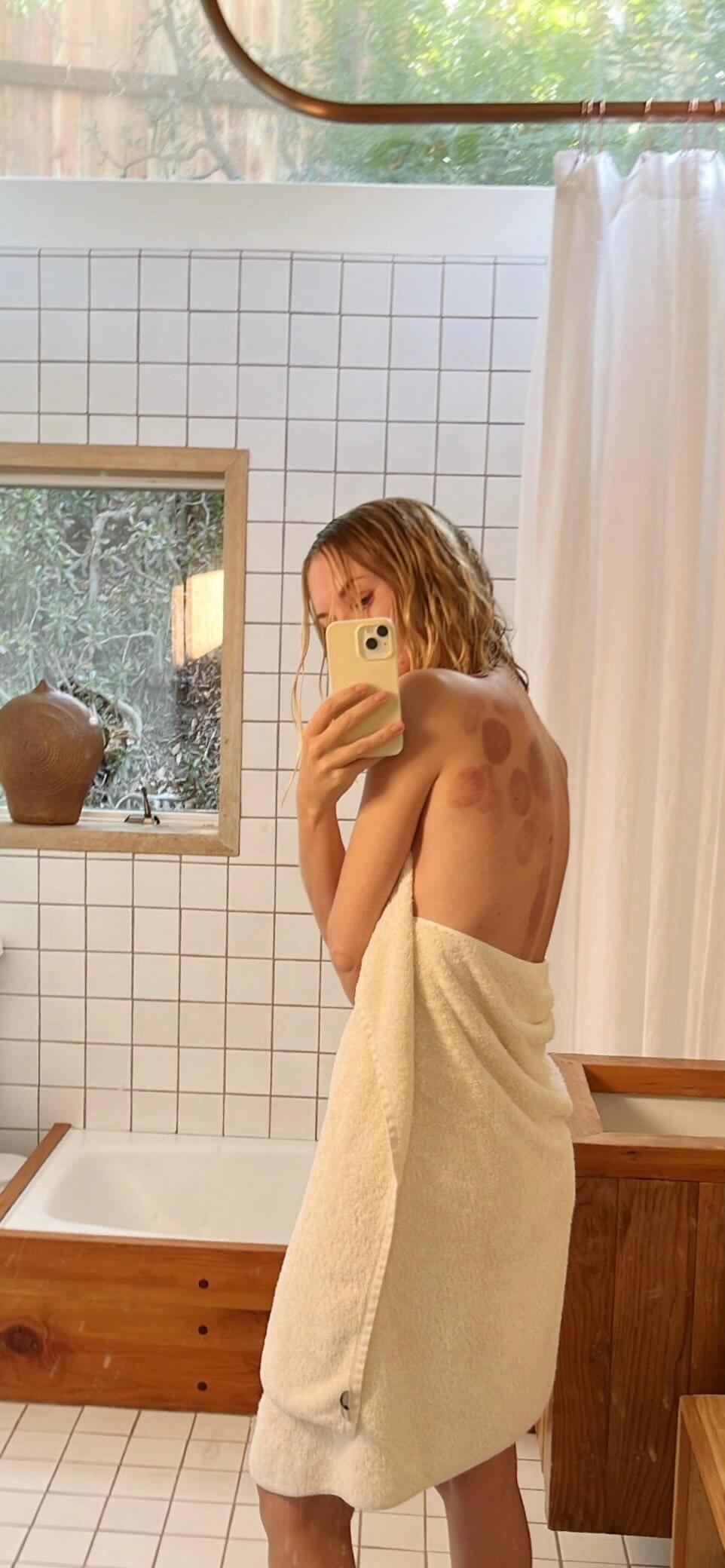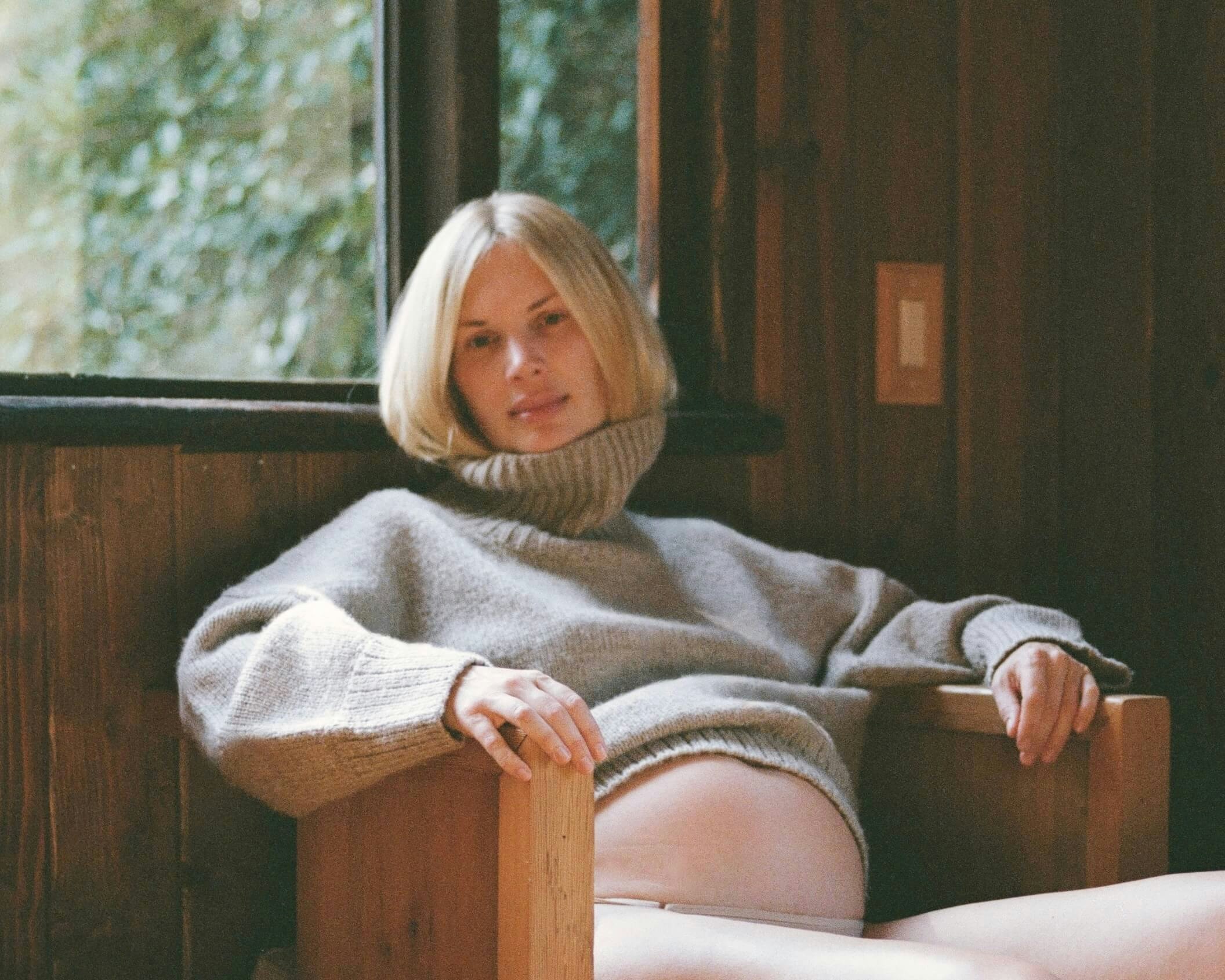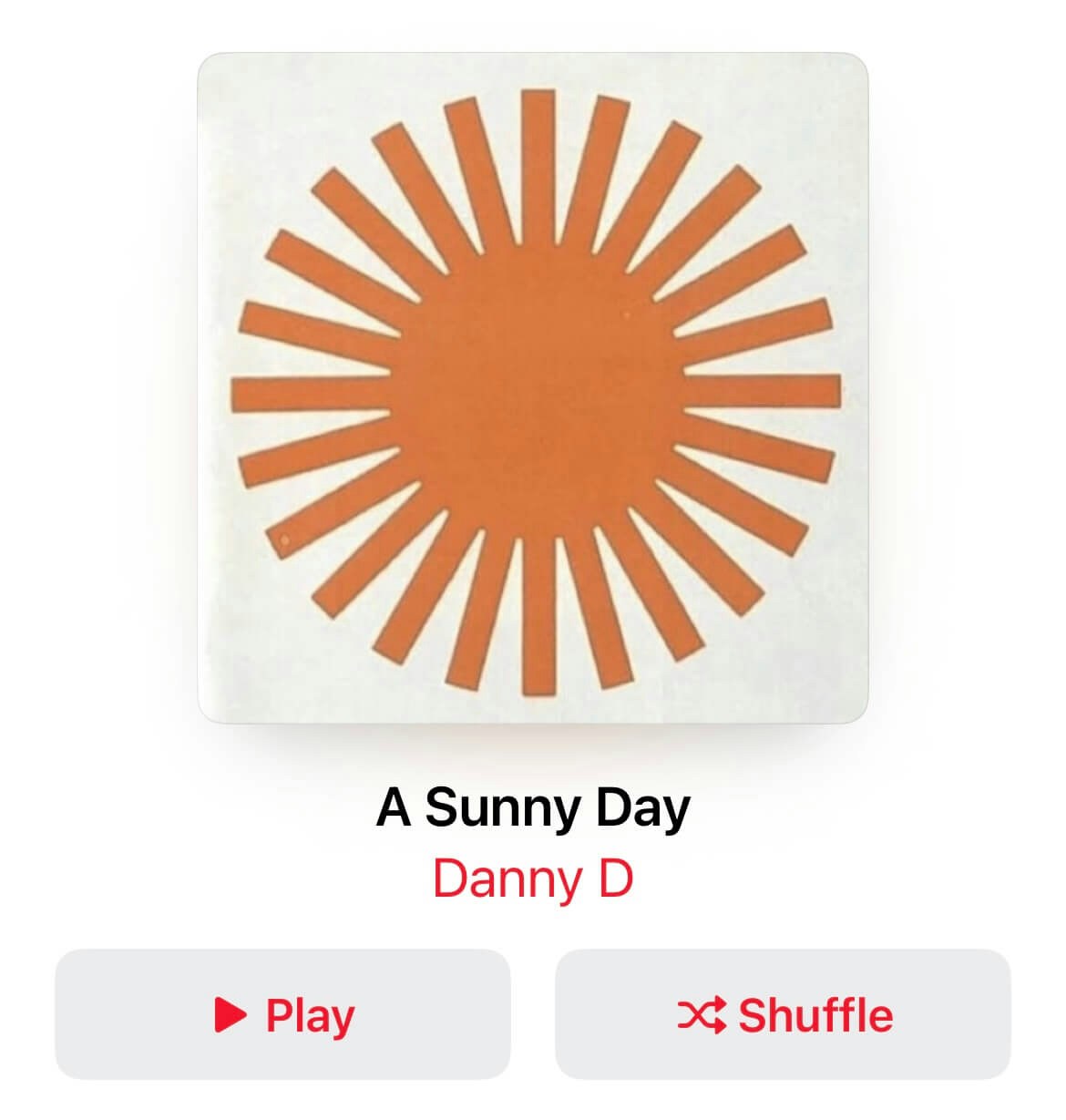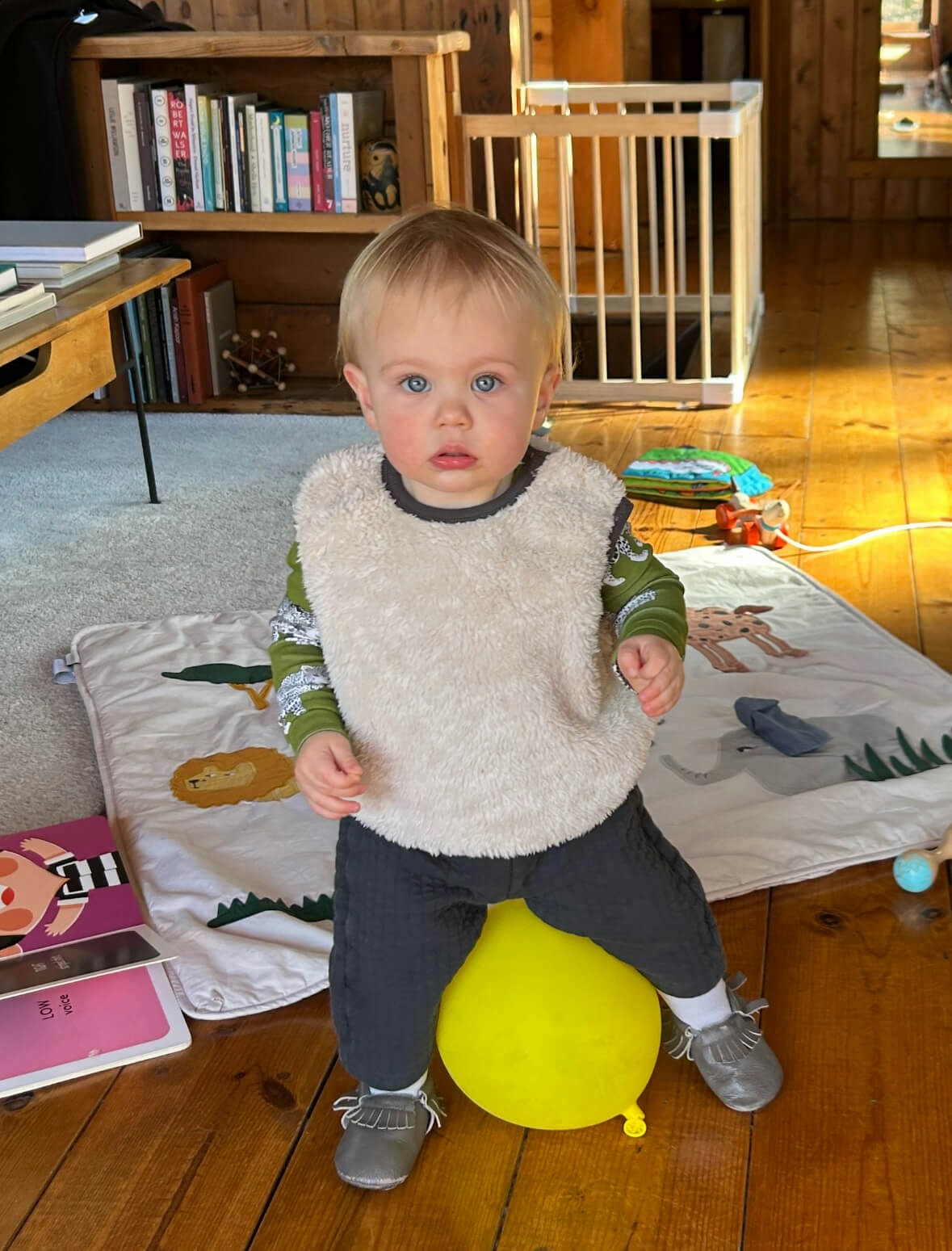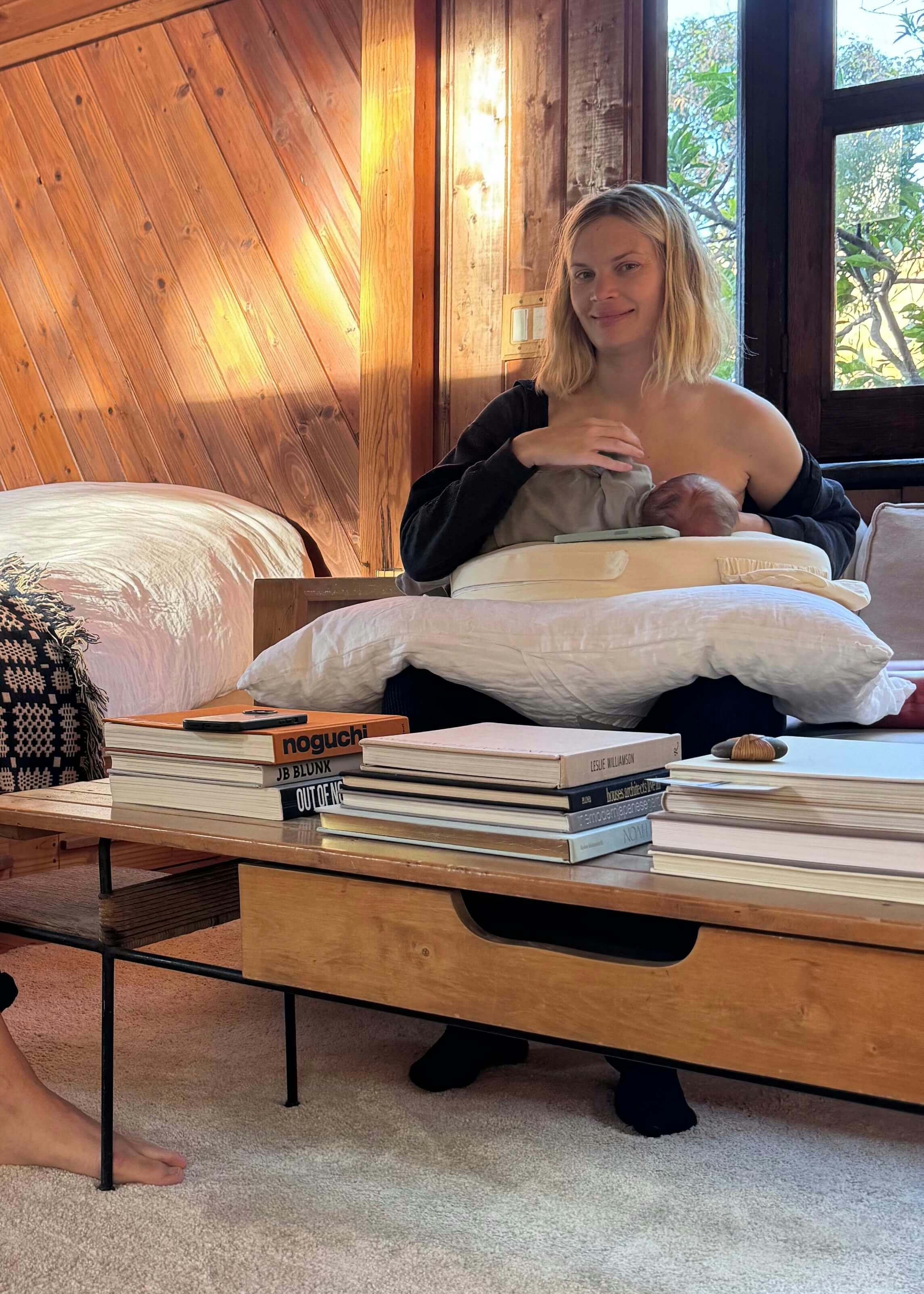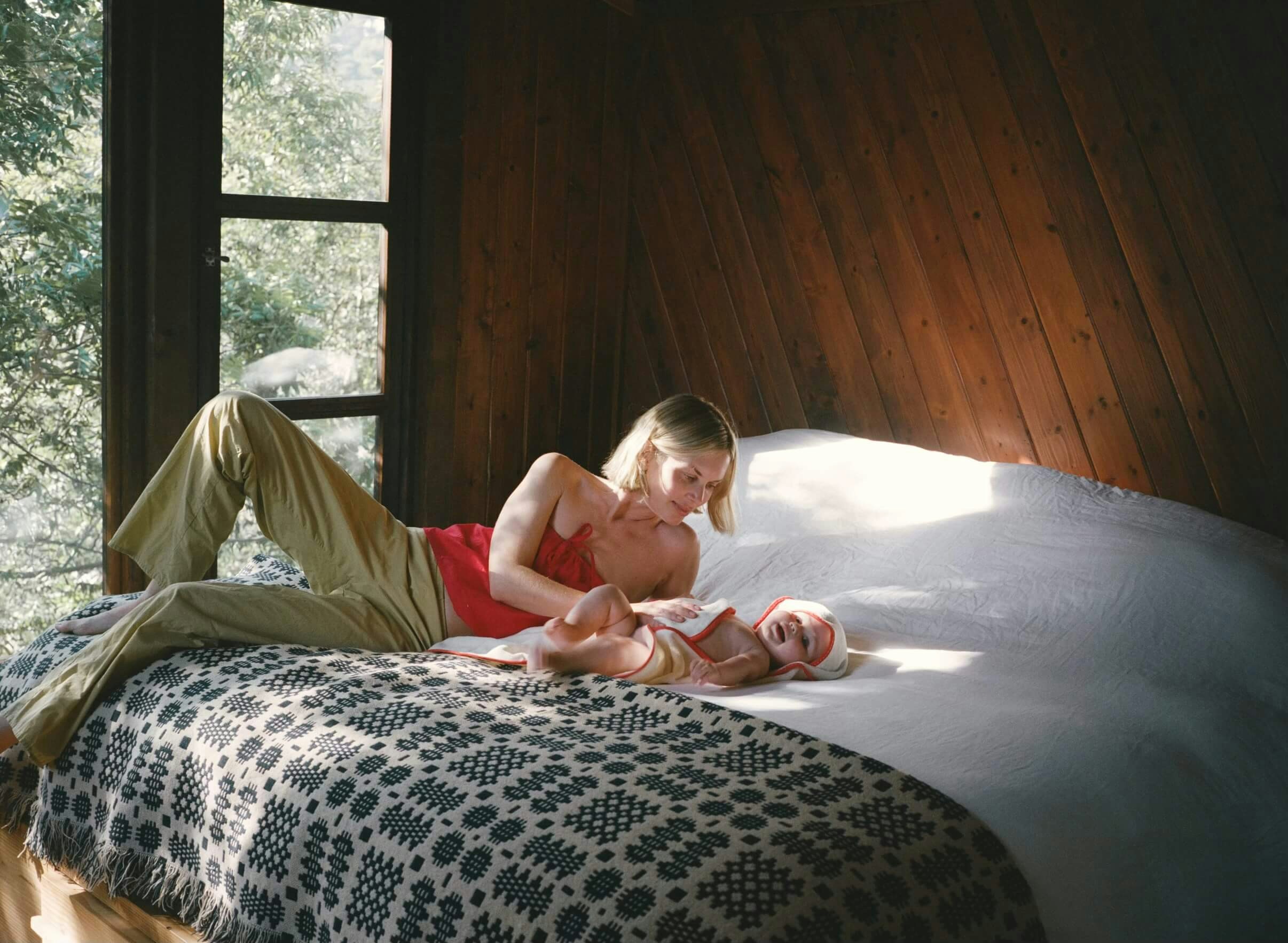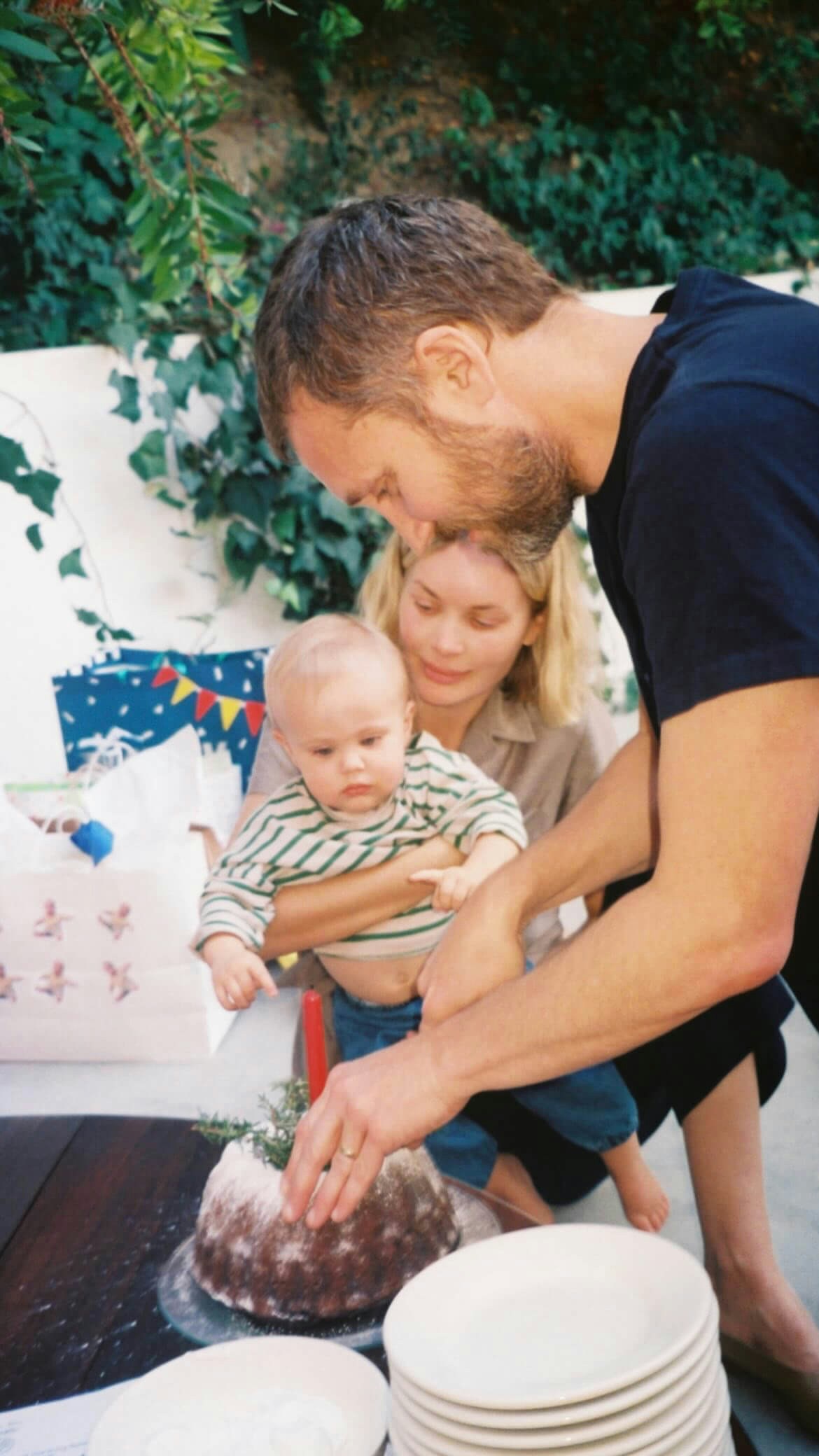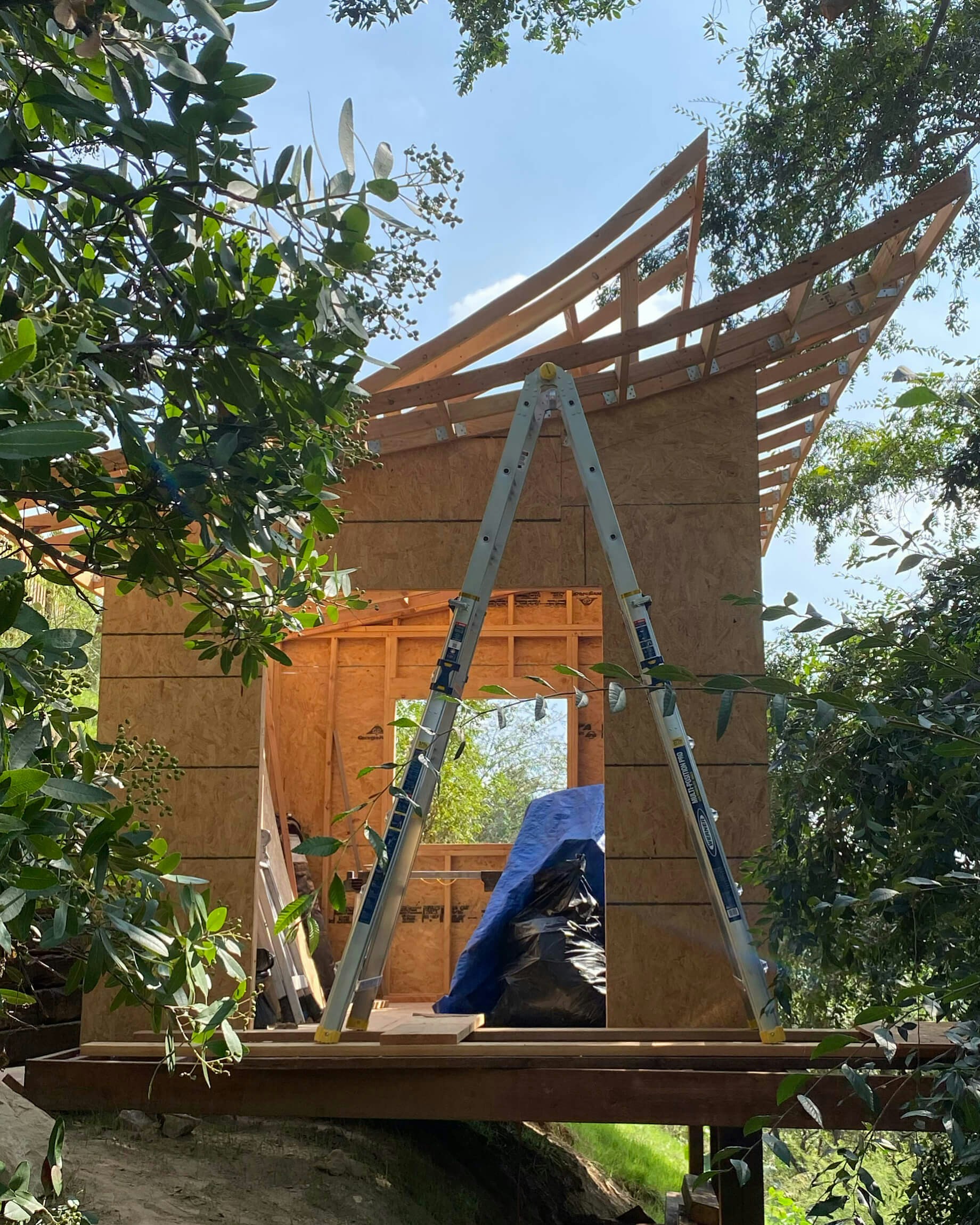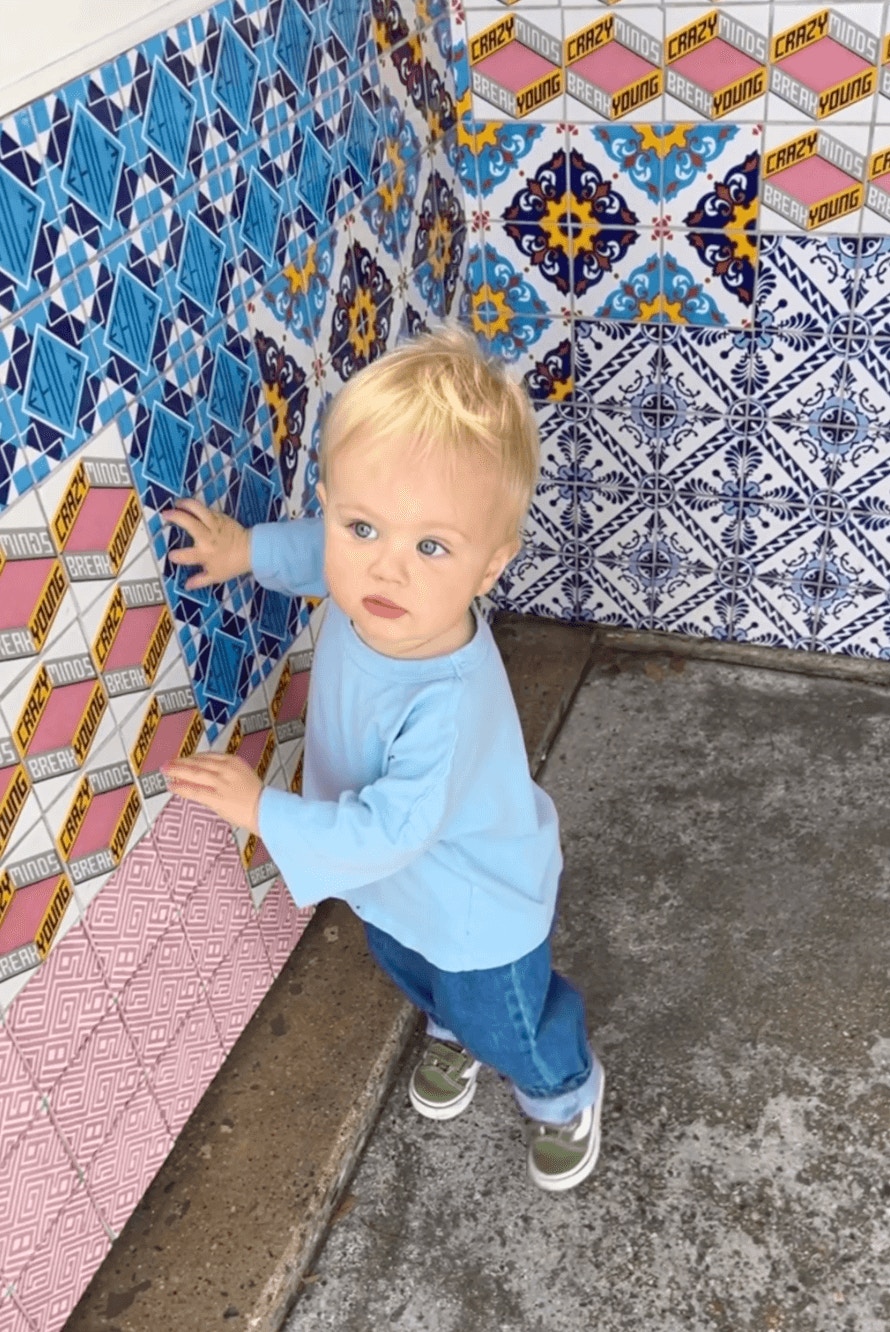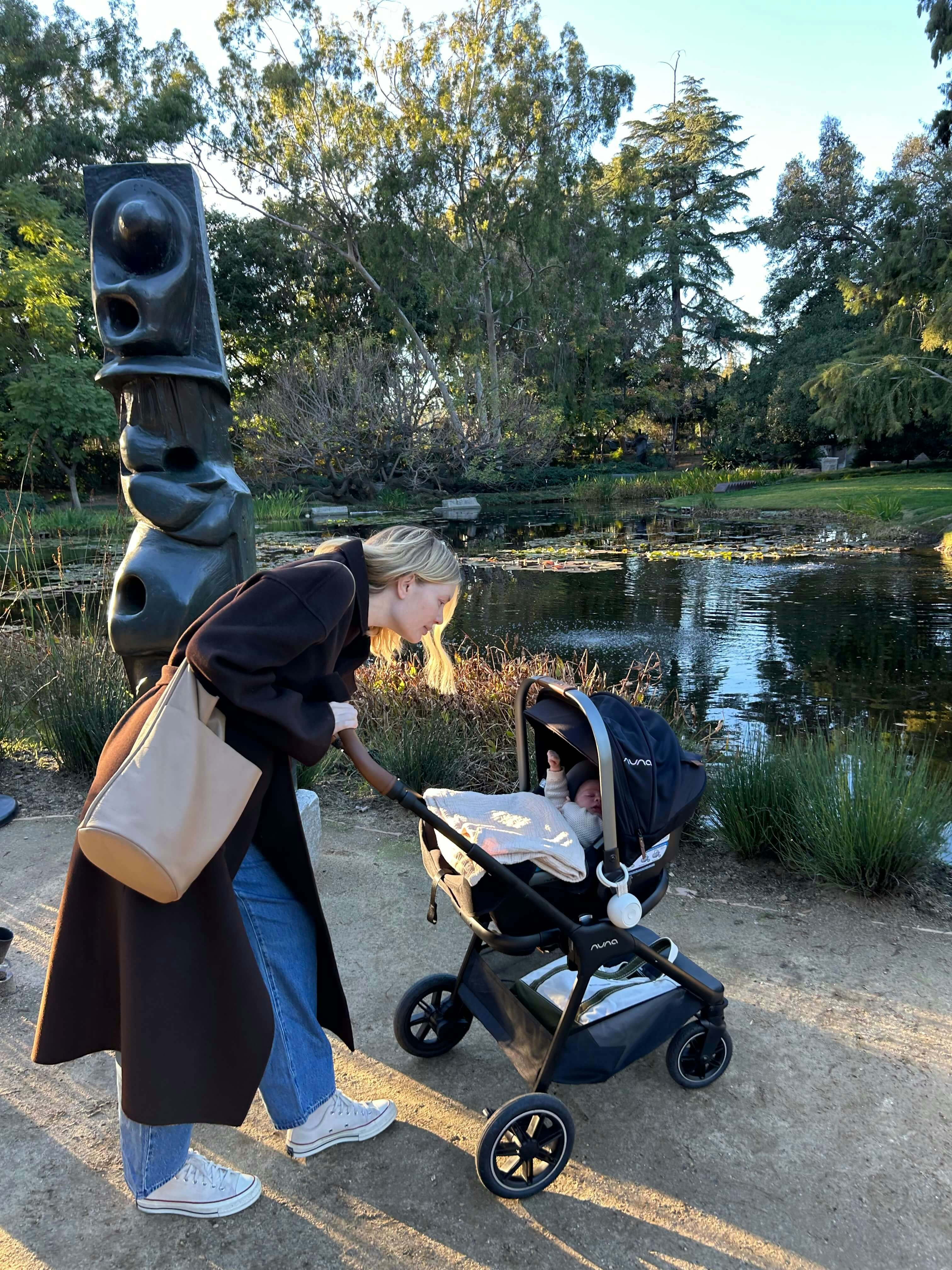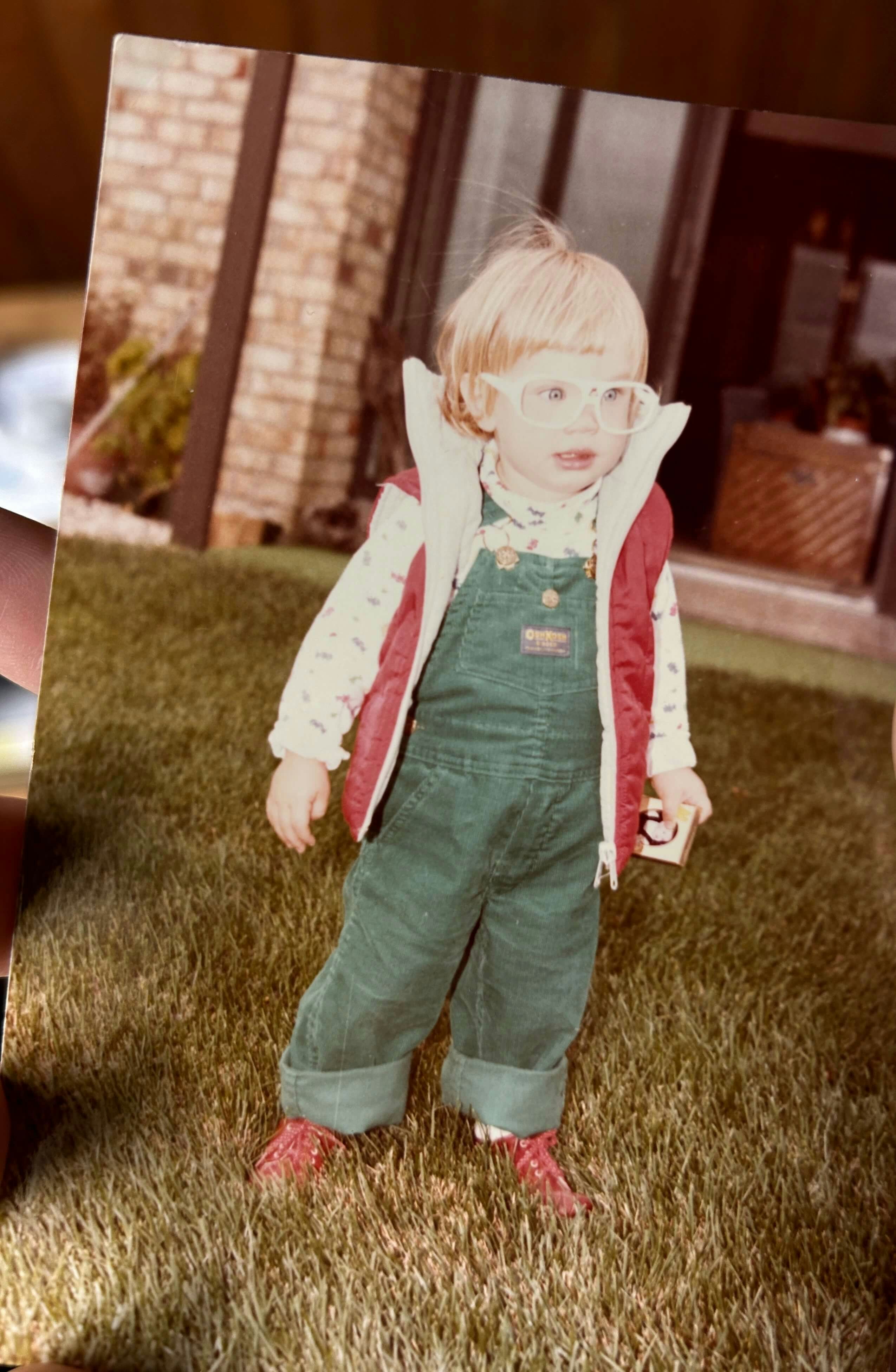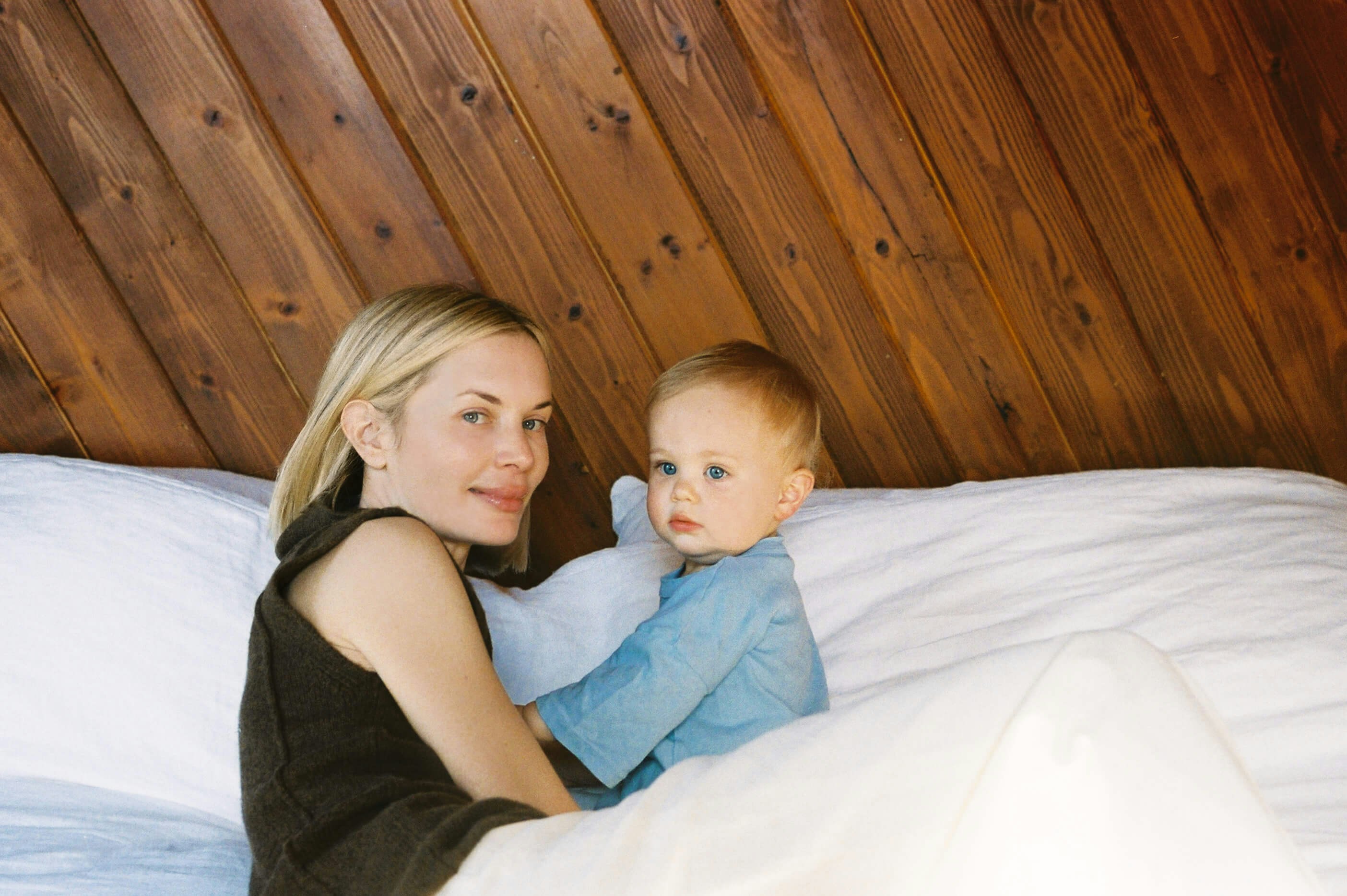
Getting Sticky With: Kate Parfet
Kate Parfet is a creative strategist, writer, and occasional model. She founded Studio Parfet, an LA-based creative and marketing studio, and recently co-launched Wiggle Room with Emma Joss—a project connecting family brands and parents through community-driven events. Her book, Milking a Duck, delves into reproductive health, self-expression, and identity, challenging societal taboos around reproduction. From her home and studio in Mount Washington, Kate curates intimate dinners, book readings, and idea exchanges. Below, she reflects on the age-old question: what’s normal, anyway?
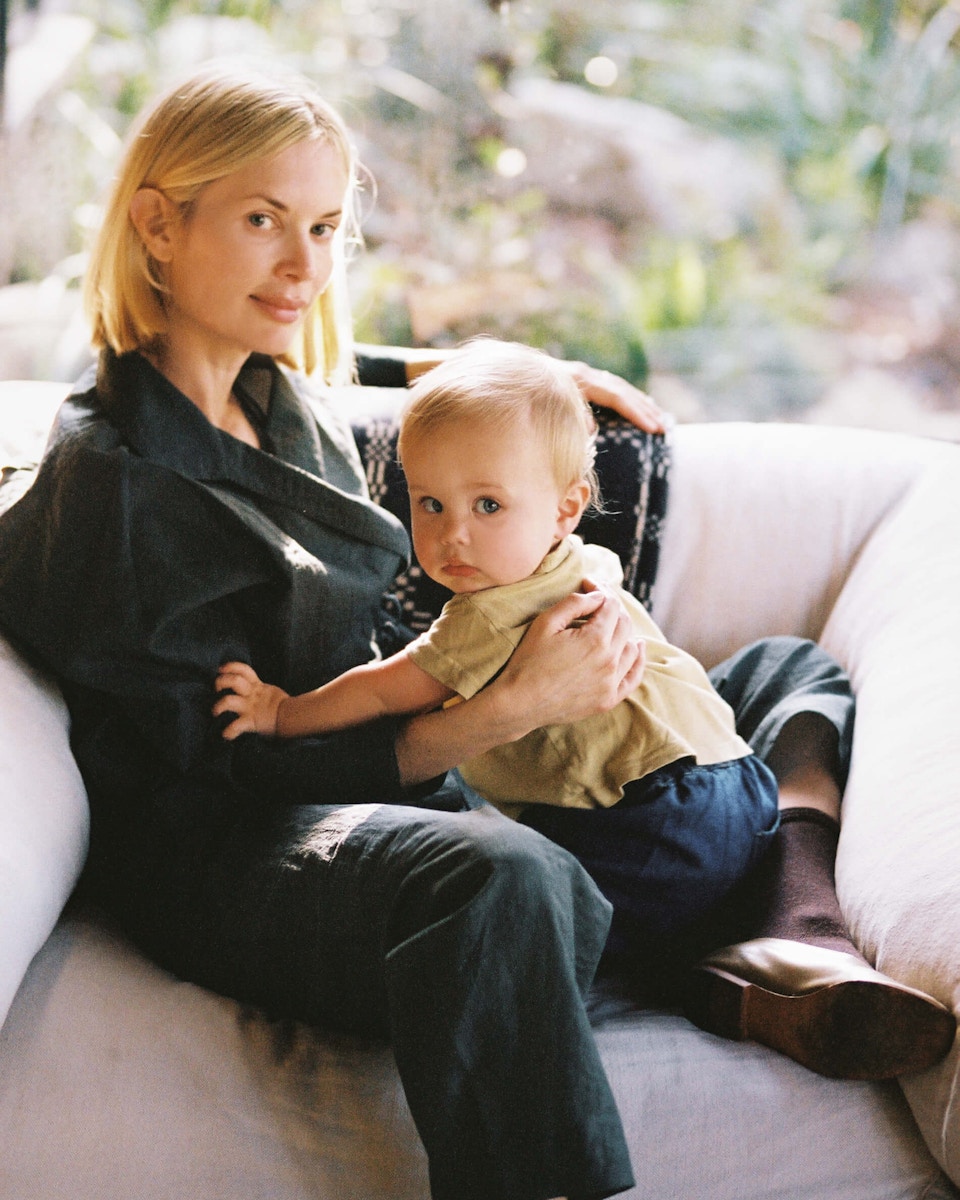

How many doctors does it take to believe a woman?
Even with all the privileges I have, I still hit roadblock after roadblock: medical dismissal, endless hoops, and the financial and emotional gut punch of infertility. Fighting for basic care felt like a full-time job.
For years, doctors dismissed my pain as “just part of being a woman.” By the time I was finally diagnosed with endometriosis, much of the damage had already been done. My ovarian reserve was so small that I often had only one follicle per cycle. IVF became its own labyrinth, hopeful and devastating in equal measure. The only certainty was the absence of guarantees. The cost, the shots, the waiting, the losses—it reshapes you in ways you can’t fully grasp until you’re living it.
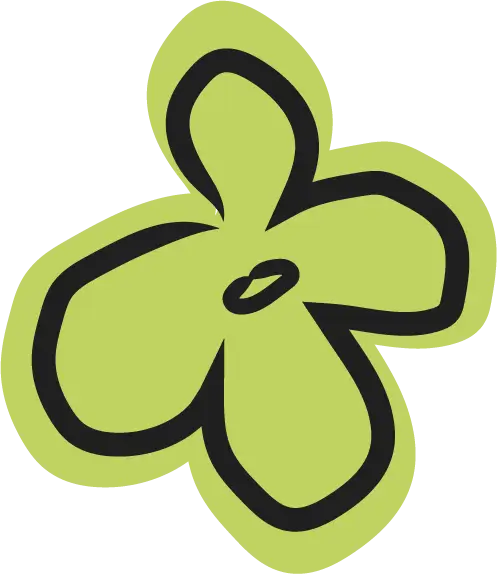
"IVF became its own labyrinth, hopeful and devastating in equal measure. The only certainty was the absence of guarantees. The cost, the shots, the waiting, the losses—it reshapes you in ways you can’t fully grasp until you’re living it."
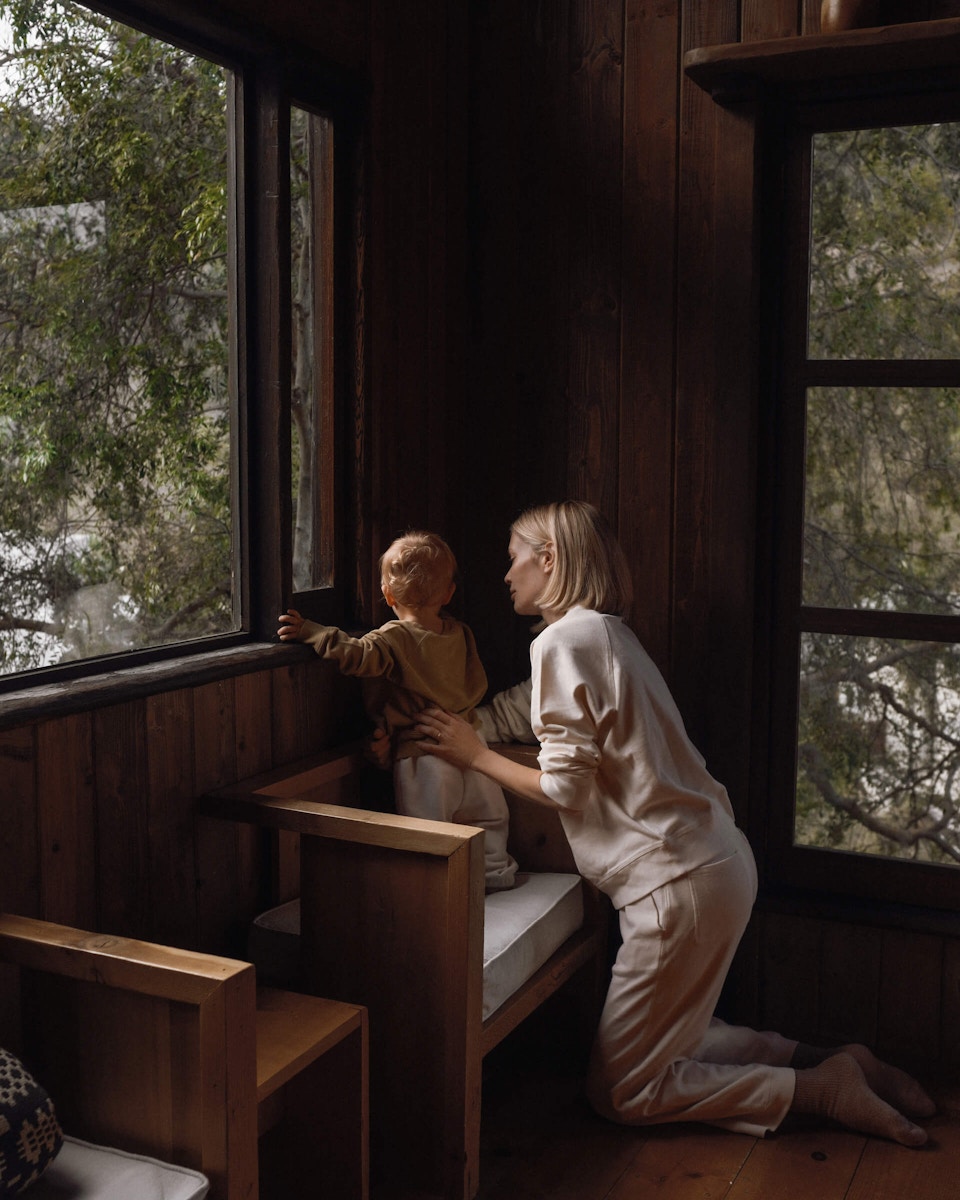
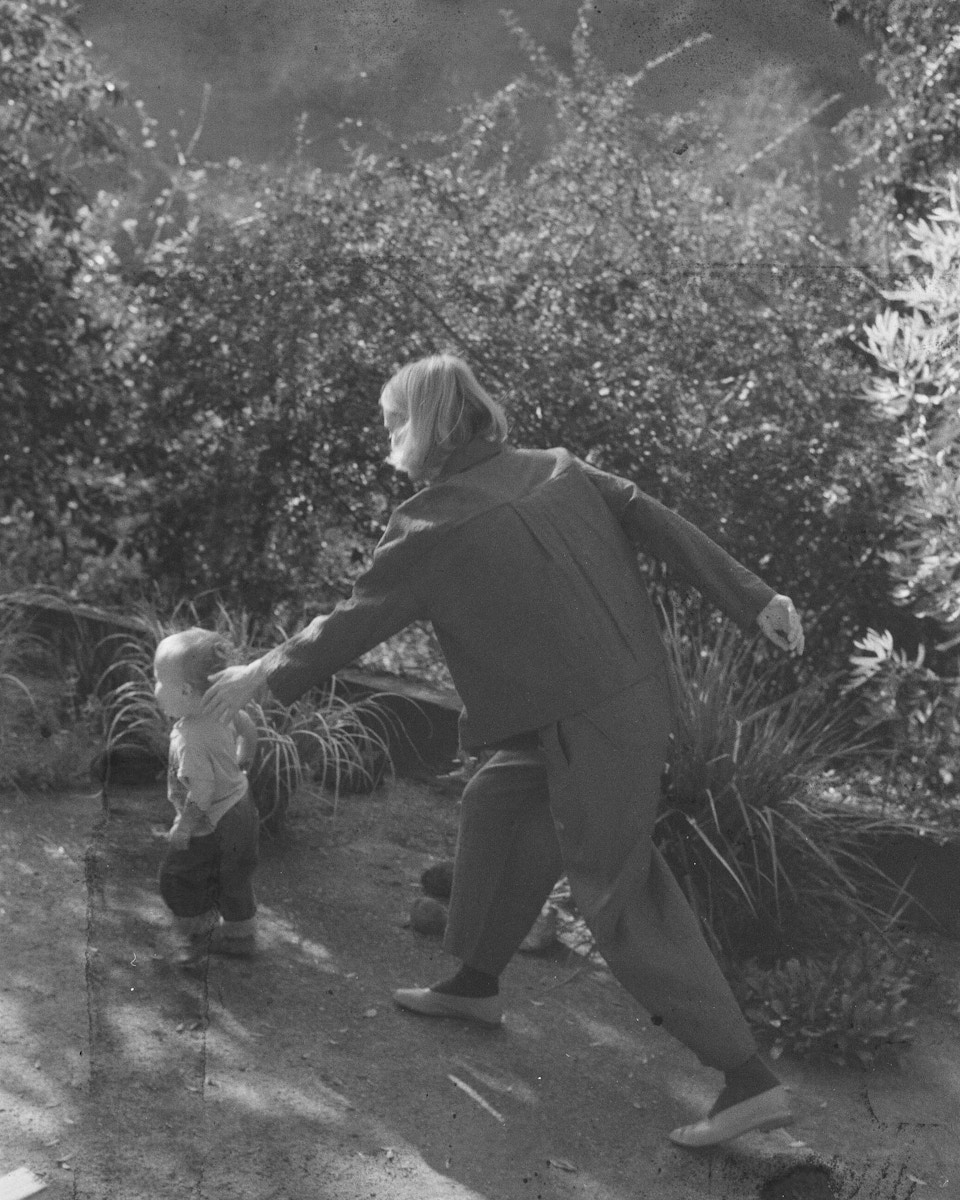
Turns out, ‘just relax’ wasn’t the cure for infertility
We switched fertility clinics three times before finding one that had a high success rate and accepted our insurance (a miracle in itself). I had no idea how much labs mattered or how wildly different clinics could be—not just in approach, but in outcomes. By the time we found the right place, I was exhausted but also less afraid to ask the tough questions. More than ever, I understood that I deserved to be heard.
Infertility is strange. It hardens you when all you want is to stay soft. You learn to advocate for yourself when all you want is to be cared for. You become fluent in medical jargon when all you long for is a simple, reassuring answer. It forces a kind of resilience that’s both a gift and a burden. Once you’ve fought this hard, you’re never the same. Even with the most supportive partner, like my husband, it can still feel isolating.
"Infertility is strange. It hardens you when all you want is to stay soft. You learn to advocate for yourself when all you want is to be cared for."

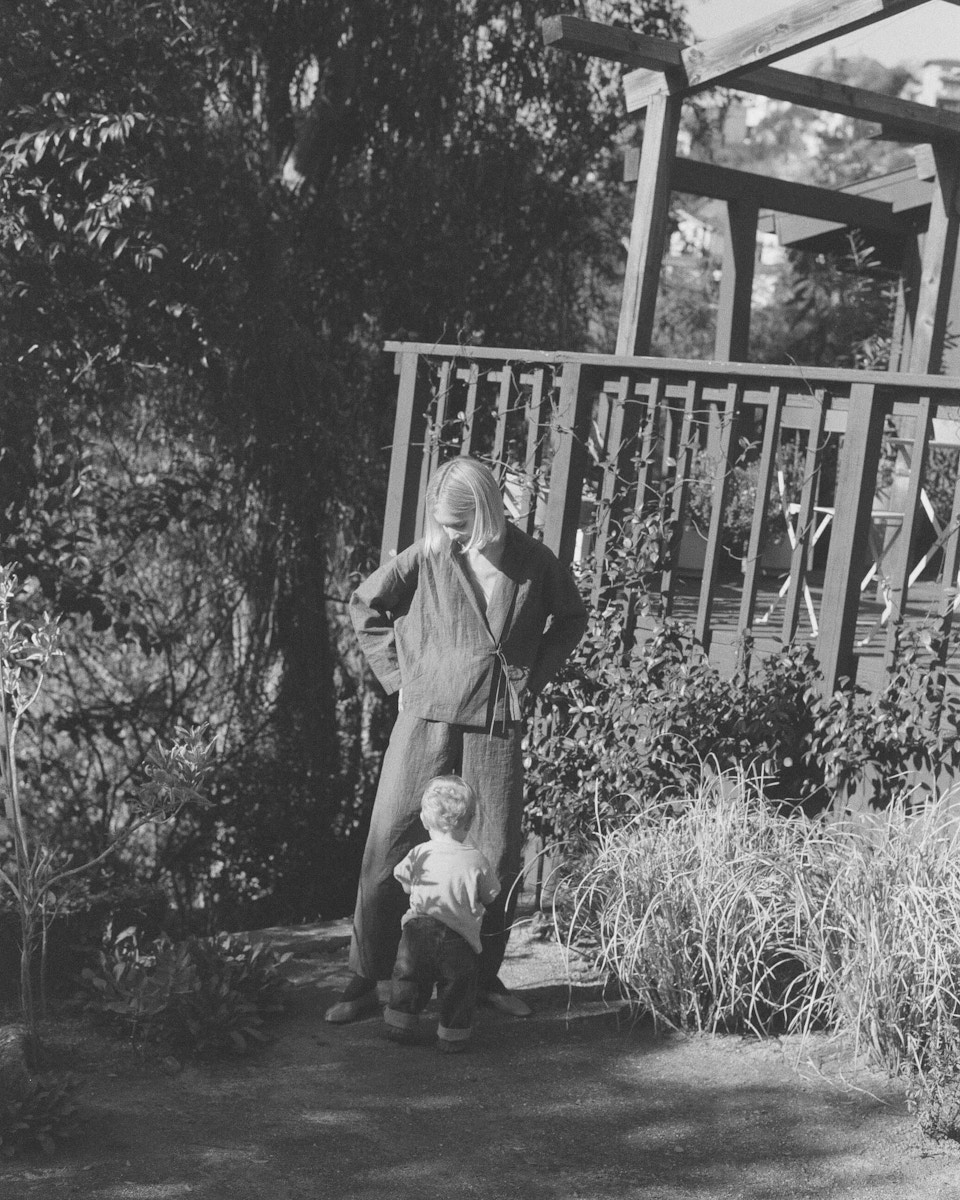
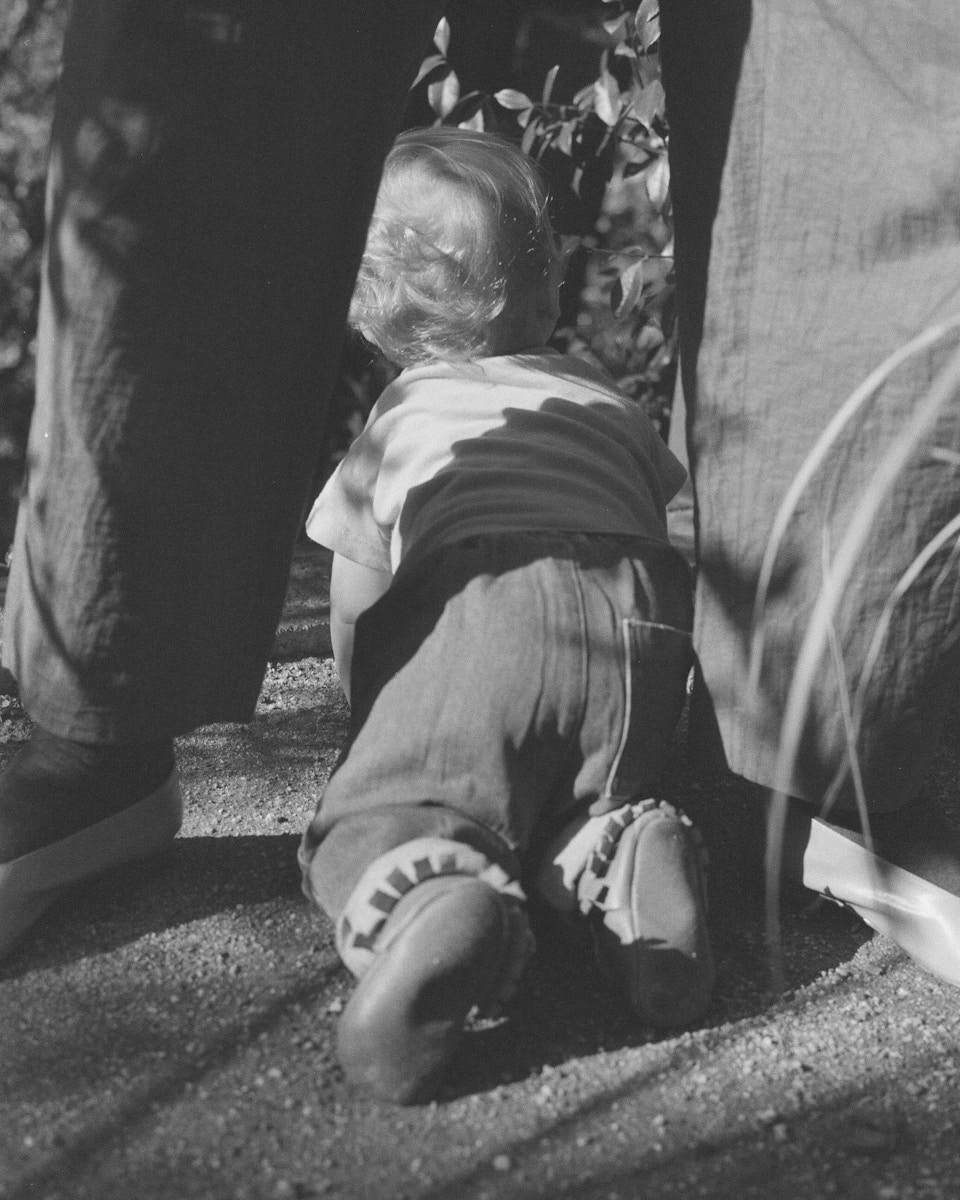
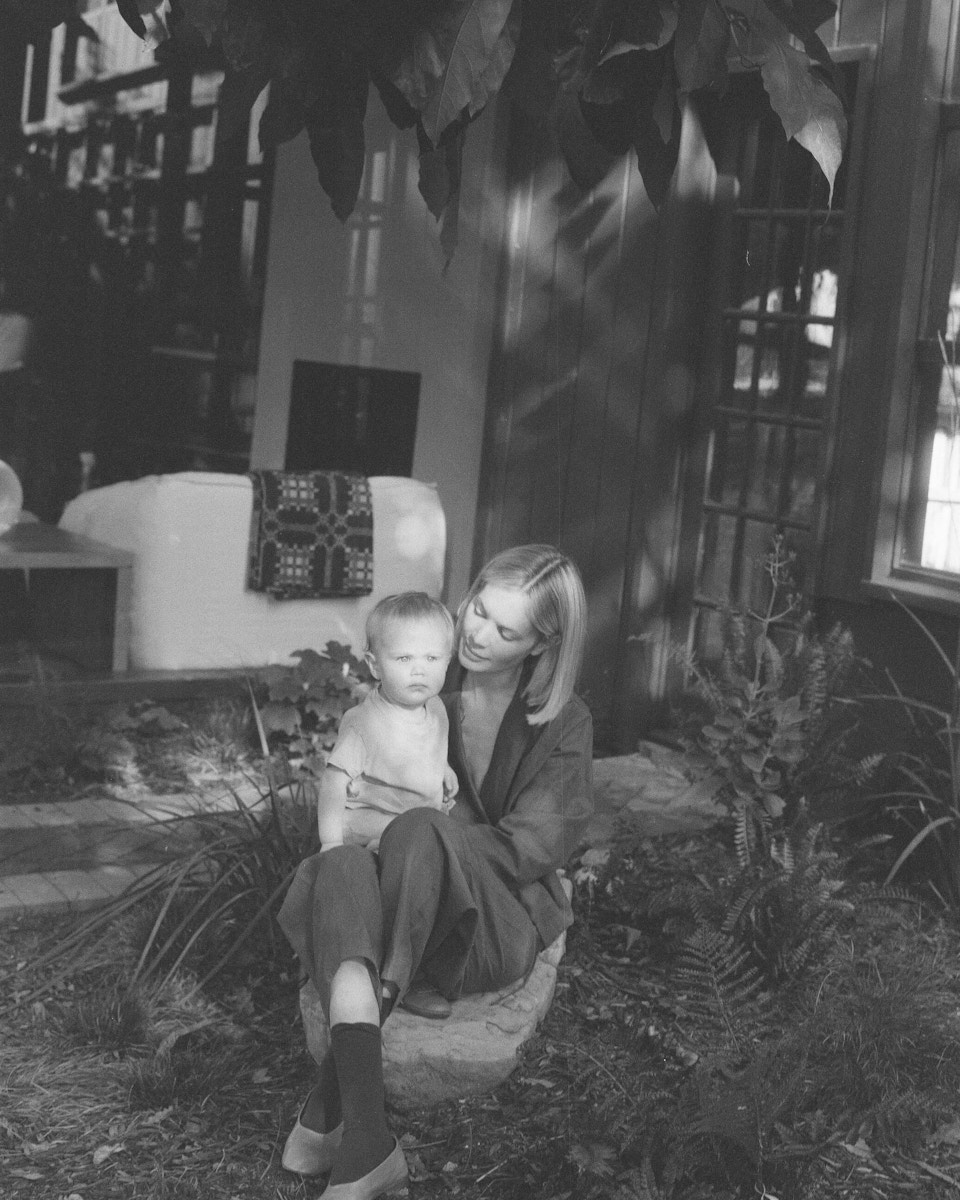
Gratitude in the chaos
We made one viable embryo, the one who became our son. But I think of those still waiting, navigating each step with strength, humor, and resilience. I think of those who choose to step away, finding peace, clarity, or simply the need to move on. None of this is fair. That’s why I believe so strongly in expanding access to reproductive care—because no one should have to rely on privilege, geography, or luck to build their family.
I was very close to using an egg donor, and I’m deeply grateful that the option existed. But it’s not discussed enough. Egg donation, surrogacy, IVF—these are extraordinary medical advancements that are still shrouded in secrecy. We should be celebrating these options, not hiding them. And more than that, we need to protect them.

"I was very close to using an egg donor, and I’m deeply grateful that the option existed. But it’s not discussed enough. Egg donation, surrogacy, IVF—these are extraordinary medical advancements that are still shrouded in secrecy. We should be celebrating these options, not hiding them."
Choice matters, but so does access
That’s why I choose to stay engaged, through sharing my story and direct action. Recently, I started volunteering with an organization that provides transportation for people seeking abortions. It’s a small but tangible way to support those stuck navigating a system designed to make access as difficult as possible. If my own experience taught me anything, it’s that reproductive freedom isn’t just about having choices—it’s about access, dignity, and being heard when you say, Hey, something’s not right.
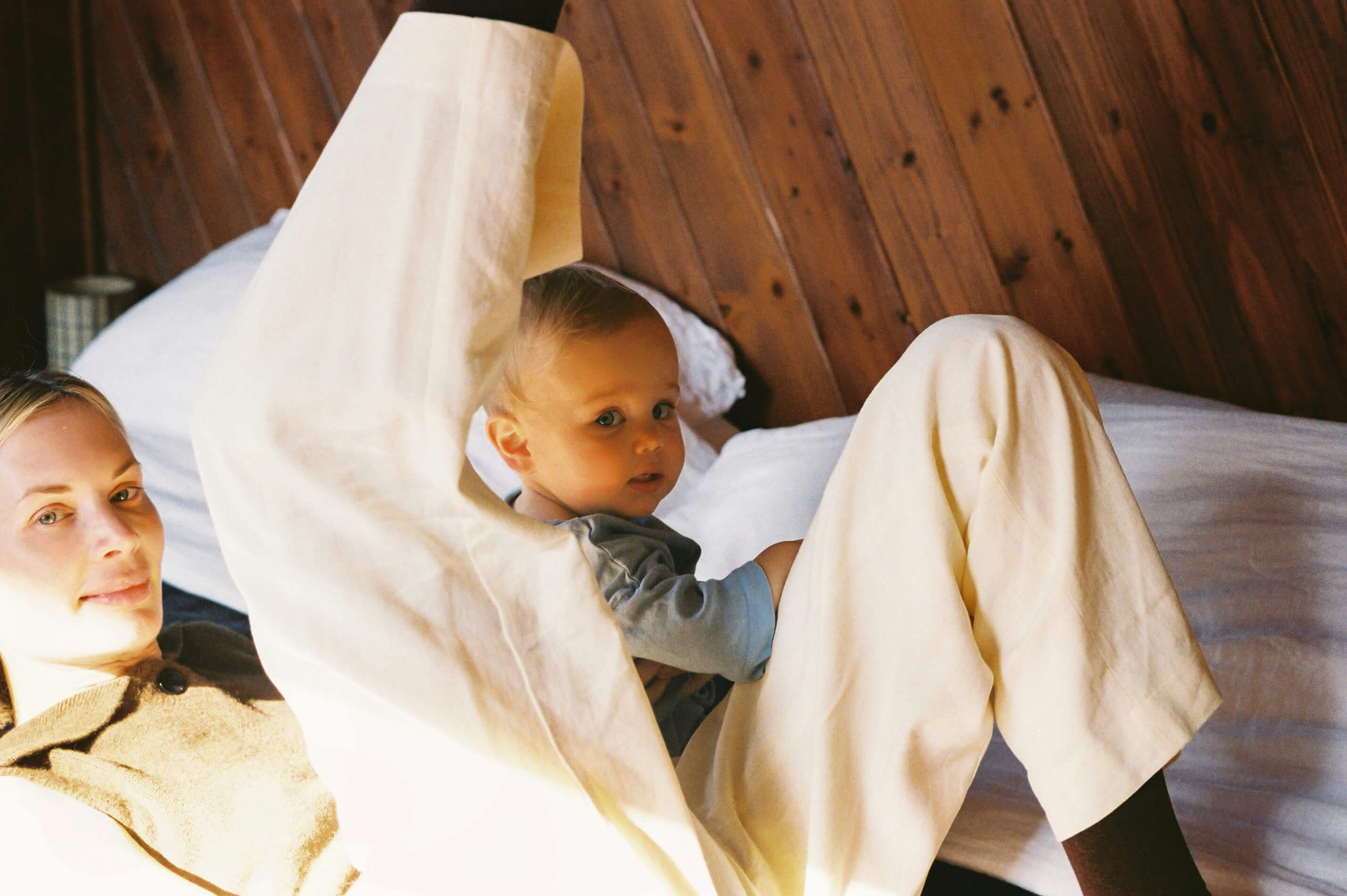
Grief as art
I wrote Milking a Duck, a poetry, art, and photography book, partly to make sense of my own journey, but also to normalize conversations around infertility, IVF, loss, the uncertainty of it all. It can feel like a solo battle, but it doesn’t have to be. Many of the artists who contributed to the book have their own stories of loss and resilience. Their work became a mirror, reflecting both the weight of these experiences and the beauty and courage within them.
The power of “I get it”
That’s why my DMs are open. I talk to women about infertility—the weird, hard, expensive, frustrating parts of it. There’s an instant closeness. What resources do you have? What’s your next step? How can I help? Because sometimes, just knowing someone else gets it changes everything. And even when I don’t have the answers (which is often), we figure it out together.
I know how much that matters because, in the beginning, I had no idea where to turn. I was drowning in confusing test results, endless decisions, and a constant sense of uncertainty. But then, women showed up. They messaged me, shared their own experiences, sent me doctor recommendations, book lists, even the best socks to wear during egg retrievals. Friends of friends, sisters of friends, complete strangers—these women became lifelines. Them saying “I get it” was a bridge pulling me from isolation into something softer, more bearable.
"That’s why my DMs are open. I talk to women about infertility—the weird, hard, expensive, frustrating parts of it. There’s an instant closeness. Because sometimes, just knowing someone else gets it changes everything."

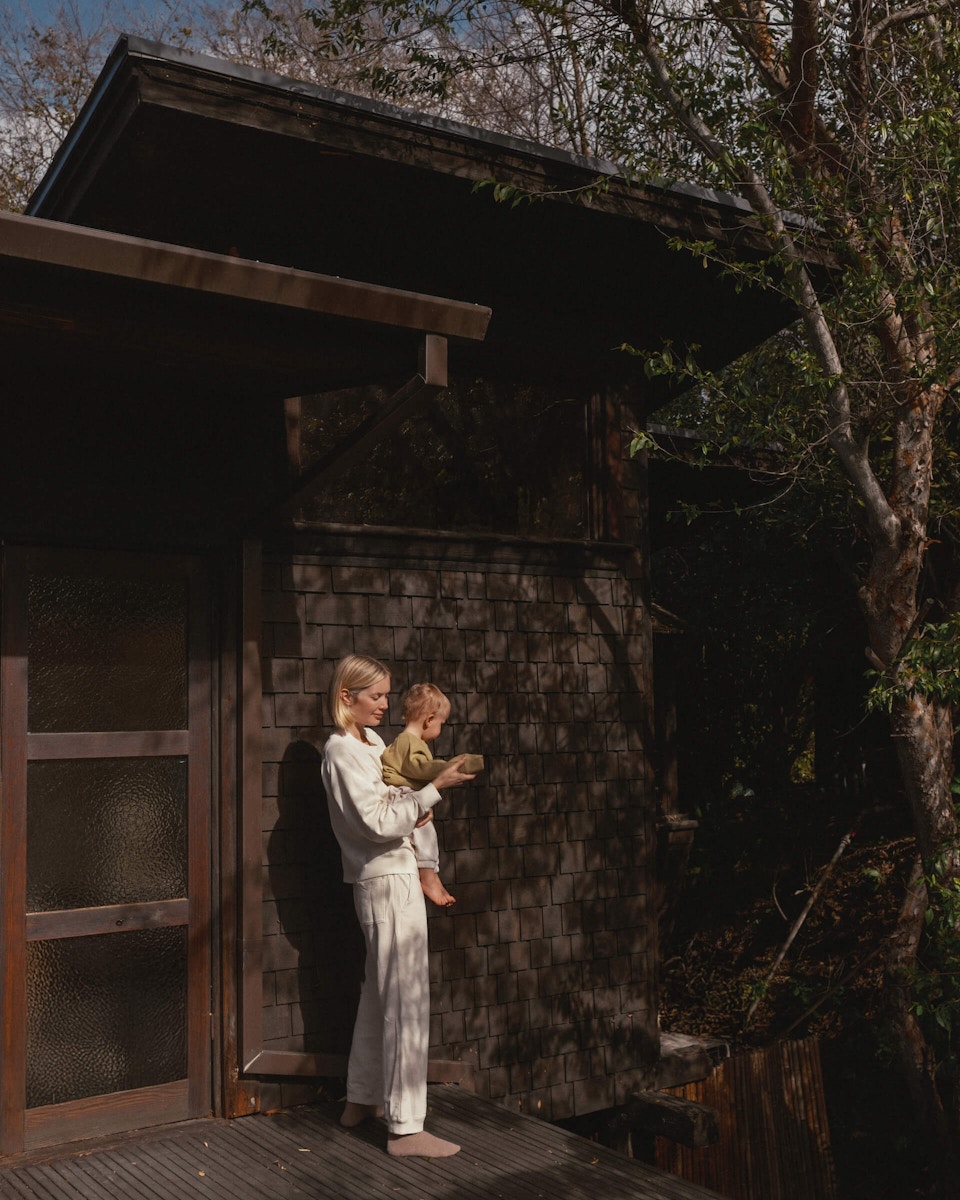
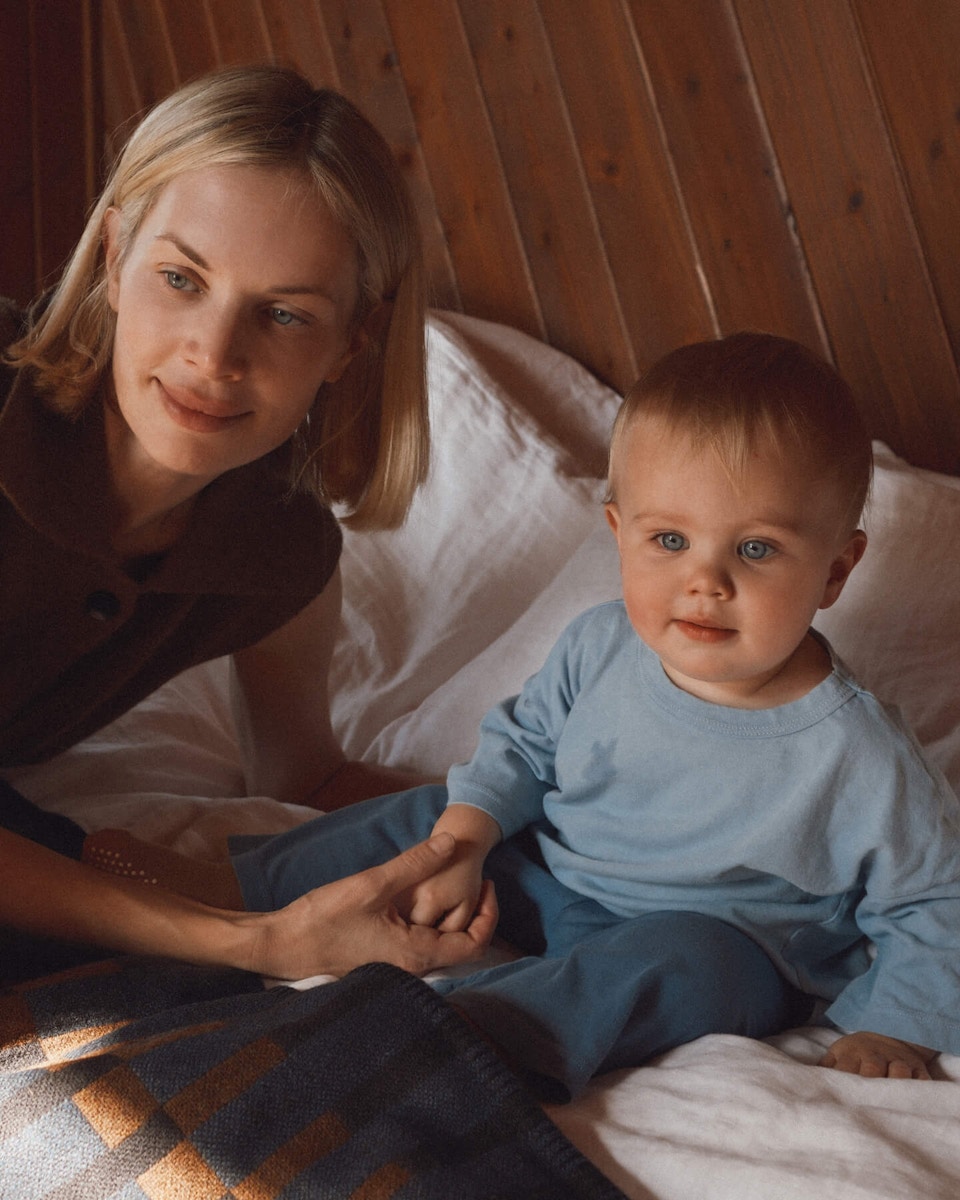
Finding ourselves, together
Motherhood cracked me open in ways I never expected. There’s a shorthand between people figuring it out in real time, an unspoken oh yeah, same that makes the chaos feel slightly less unhinged.
I’m in a text thread with three women—two of whom I didn’t know before childbirth—who had babies within weeks of mine. We text approximately 100 times a day, tackling urgent questions. Are grapes still a choking hazard if peeled? What sippy cup won’t ruin my life? Is it normal to feel like a different person but also still myself, but also… sort of neither? But beyond logistics, it’s about venting, laughing, and being there when someone needs it, free of judgment.
What’s normal, anyway?
I want to create more space for deeper conversations, ones that get to the heart of life’s big transitions. That’s why I’m working on a project with my friend Michaela d'Artois, a sex therapist, exploring intimacy after having a baby. We’re told postpartum is about adjusting and healing (which, yes, it is) but it’s also about sex, desire, and what happens when your body no longer feels like yours.
After my episiotomy, everything felt off and unfamiliar. A year later, I’m still figuring it out. It took me a while to realize it’s not about “getting back to normal.” It’s about something new, something deeper. Sex after motherhood isn’t a simple return—it shifts, rewires, calls for a different kind of attention. Sometimes, it’s simply about relearning how to want in a body that’s been in survival mode for so long.
These conversations need to happen more often. Whether it’s advocating for reproductive care, navigating infertility, processing loss, or finding joy in the unpredictability of motherhood— talking about it makes the journey feel a little lighter. And having others to share it with? That makes all the difference.

"Sex after motherhood isn’t a simple return—it shifts, rewires, calls for a different kind of attention. Sometimes, it’s simply about relearning how to want in a body that’s been in survival mode for so long."

